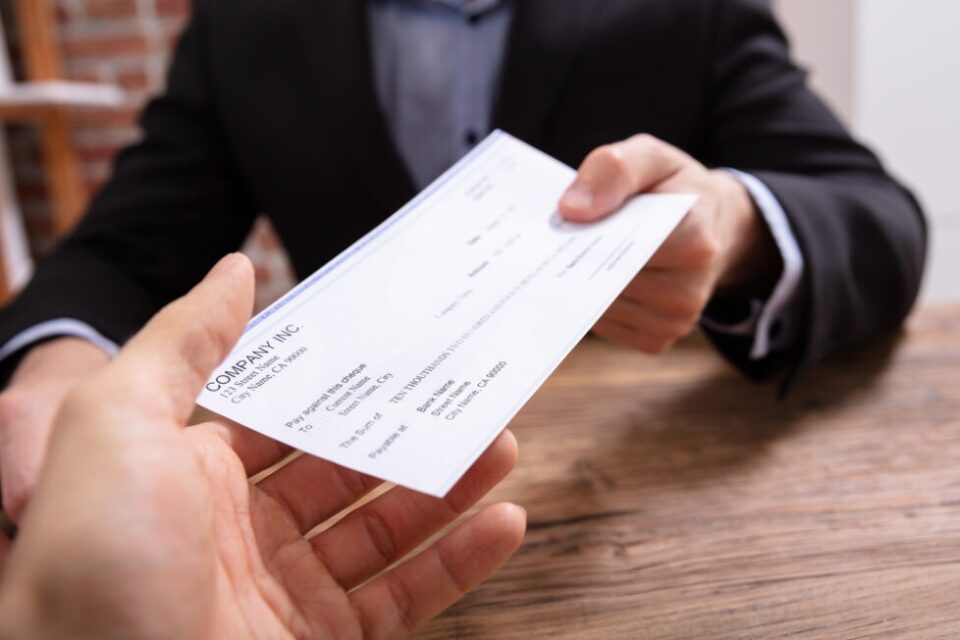Daytona Beach, known for its sun-soaked coastline and high-octane events like Bike Week and NASCAR races, draws millions each year to its vibrant streets. But amid all the energy and activity, traffic accidents remain a real and pressing concern for residents and visitors alike.
Whether it’s a fender bender on International Speedway Boulevard or a more serious crash along the scenic A1A, the aftermath of a collision in Daytona Beach can be overwhelming. Beyond the physical injuries, accident victims often find themselves navigating a confusing maze of insurance policies, claims adjusters, and medical bills.
Ensuring fair compensation in these moments requires preparation, documentation, and, often, the right legal guidance. From understanding what your insurance truly covers to knowing how to challenge a lowball settlement offer, being proactive can make all the difference. A trusted Daytona Beach advocate for car accident claims can guide you through this process with skill and compassion.
Documenting the Incident
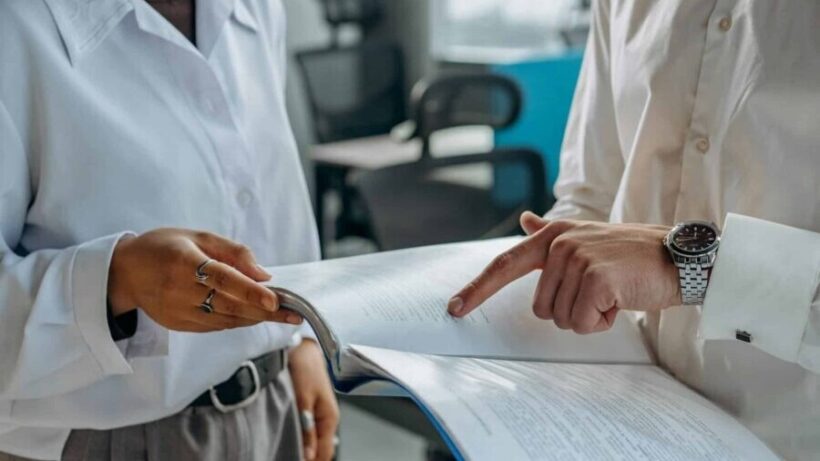
Proper documentation is often the backbone of a successful compensation claim. As chaotic as the crash scene may feel, try to remain calm and gather critical evidence.
Take clear photographs of vehicle positions, road conditions, skid marks, damage to all cars involved, traffic signs, and any visible injuries. These images may become key proof if your case is disputed.
It’s also essential to collect names, phone numbers, license plate numbers, and insurance information from all drivers involved in the car accident.
Don’t forget to talk to witnesses—if someone saw what happened, ask for their statement and contact information. Their testimony might be crucial later. If the police arrive, make sure a report is filed and request a copy for your records.
Tip: Use your phone’s voice memo or notes app to record details you may forget later—like time, location, and immediate observations.
Seeking Medical Attention
Even if you feel “fine” after the crash, don’t make the mistake of skipping medical attention. Injuries from auto accidents—such as whiplash, concussions, or soft tissue damage—often show symptoms hours or even days later.
Getting checked by a doctor right away not only protects your health but also provides critical documentation for your claim.
Medical records serve as objective proof that your injuries were a direct result of the accident. They establish a timeline and make it harder for insurers to argue that your injuries were unrelated or pre-existing.
Be honest with your doctor about all symptoms, no matter how small they seem.
Don’t downplay pain or discomfort. Early diagnosis improves your recovery and supports your case.
Notifying Insurance Companies
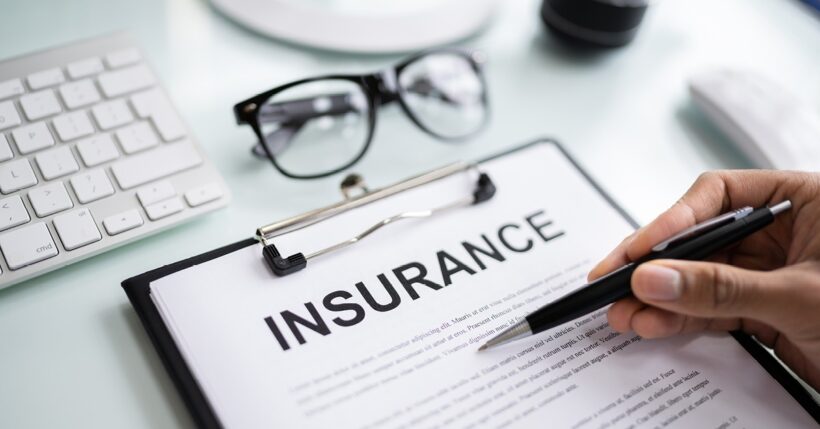
Letting your insurance provider—and the other party’s if applicable—know about the crash as soon as possible is vital. Many policies include clauses requiring prompt reporting, and delays can lead to a denied claim or reduced payout.
When you speak with insurance adjusters, keep your statements factual and brief. Stick to what you know without speculating about blame or the extent of your injuries. Anything you say can be used against you during negotiations.
What to say: “I was involved in a collision on (date) at (location). I’m still gathering details and will follow up once I have more information.”
Understanding Policy Coverage
Knowing what your insurance covers before an accident happens puts you in a stronger position when filing a claim. Every policy has its limits—bodily injury liability, property damage, personal injury protection (PIP), and uninsured/underinsured motorist coverage all play different roles.
Review your policy to understand what’s included and what’s not. Are rental cars covered? What’s the deductible on collision damage?
Are there exclusions for specific situations? These details directly impact the compensation you can expect and what portion of the costs you may have to bear yourself.
Pro tip: Ask your agent to walk you through your policy annually, especially if your driving habits change.
Consulting Legal Experts
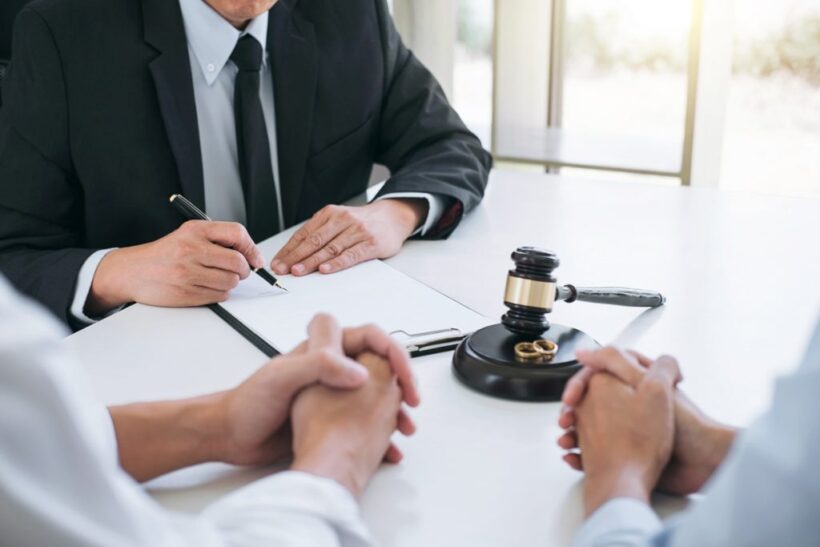
After a serious accident, talking to a legal professional can be a game-changer. Lawyers specializing in automobile accidents can help you navigate the legal process and dealing with insurers who may try to minimize payouts.
A lawyer will help you evaluate your claim’s worth, gather the right evidence, file within your state’s statute of limitations, and represent you if negotiations fail. They also ensure that you don’t accidentally sign away your rights or settle for less than you deserve.
Most personal injury lawyers work on a contingency fee—meaning you don’t pay unless they win your case.
Determining Your Compensation
Calculating a fair compensation amount involves more than tallying up hospital bills. You need to account for:
- Medical expenses: ER visits, surgery, prescriptions, rehabilitation, follow-up appointments.
- Property damage: Car repairs or replacement.
- Lost income: Missed work days or diminished earning capacity.
- Pain and suffering: Physical discomfort, emotional trauma, and reduced quality of life.
An experienced attorney can help you calculate a realistic and justifiable amount based on documentation, expert opinions, and prior case outcomes.
Never accept an offer before knowing the full extent of your injuries and future costs.
Settlement Negotiations
When the insurance company makes its first offer, don’t rush to accept it—especially if it seems low. Insurers often test the waters with conservative estimates, hoping you’ll settle quickly. Instead, assess the offer against your actual losses and come prepared with counterarguments supported by evidence.
A detailed counteroffer should include medical invoices, wage statements, and any other proof of loss. If negotiations become tough, your attorney can step in and push back using legal leverage and experience.
Stay calm, confident, and professional. Emotion can weaken your bargaining position.
Keeping Records Organized
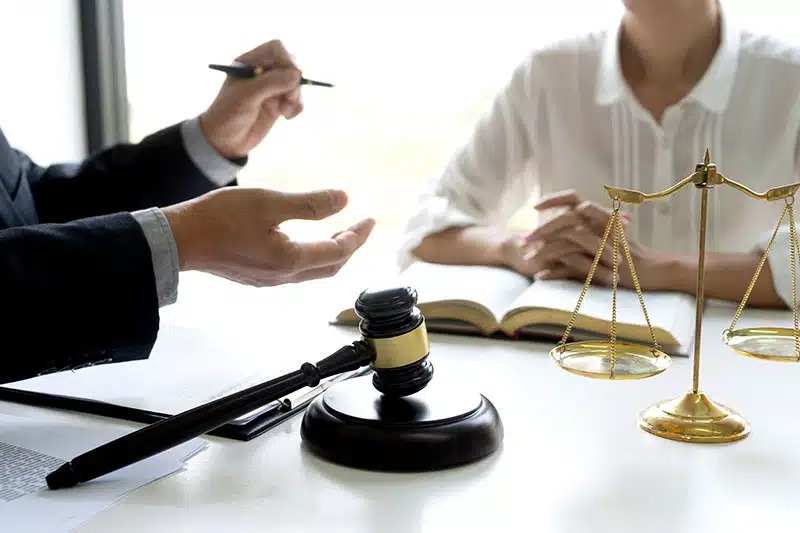
When it comes to compensation claims, documentation is everything. Keep a dedicated folder (digital or physical) where you store:
- Medical records and prescriptions
- Police reports
- Insurance correspondence
- Repair invoices
- Witness statements
- Daily symptom journal
This habit not only helps you stay organized, but also speeds up your lawyer’s work and gives you peace of mind during the process.
Use cloud storage with folders labeled by category or date for easy access.
Litigation
If negotiations stall or you’re offered far less than your claim’s value, filing a lawsuit may be the next step. Litigation isn’t quick—it can take months or even years—but sometimes it’s necessary to get fair compensation.
Prepare by working closely with your lawyer. You’ll need to gather all relevant evidence, identify expert witnesses, and understand your jurisdiction’s court procedures. While not every case makes it to trial, the threat of litigation can sometimes pressure insurers into offering better settlements.
Filing a lawsuit doesn’t mean you’re headed straight to court. Many cases settle just before trial.
Emphasizing Communication
Consistent, transparent communication with your lawyer, doctors, and insurance providers prevents misunderstandings and strengthens your credibility. Always follow up important conversations with an email recap or written confirmation.
If you’re negotiating directly, keep your tone respectful and stick to facts. Avoid venting frustration to adjusters or medical staff—it won’t help your case.
Communication tip: Keep a written log of every conversation, including who you spoke to, the date, and a brief summary.
Emotional Recovery

The emotional impact of a crash is often overlooked, but it matters. Anxiety, insomnia, PTSD, and mood swings are common reactions after a traumatic event—and they can linger long after physical wounds heal.
Talk to a therapist if you’re struggling to cope, or reach out to friends and family for emotional support. Keeping your mental health in check isn’t just good for your overall wellbeing—it also plays a role in your claim, especially if psychological distress affects your ability to work or function.
Healing emotionally is just as important as healing physically—and both deserve attention.
Conclusion
Knowing that securing fair compensation after a crash is a challenging process can help you make the right decisions. This process can seem overwhelming, but maintaining detailed records, seeking medical attention, understanding your insurance policy, and working with an attorney can make it a little easier to navigate.

